Today guys I would like to intrigue you by preparing a very special recipe, a fermented food originally from the Caucasus and still (unfortunately) little known in Italy.
The star of the day is Kefir, a special milky preparation, a slightly alcoholic and bubbly drink. It is a kind of yogurt, with a less dense consistency and a delicate flavor.
The preparation is very similar to what we have seen for yogurt (see VIDEO) but, in this case, the starter (able to activate fermentation) is made up of both lactic bacteria and yeasts and is responsible for a type particular of fermentation called "hetero-lactic" (lactic and alcoholic fermentation). In lactic fermentation, lactose is transformed into lactic acid, while in alcoholic fermentation, sugar is converted into alcohol and carbon dioxide.
Let's find out what it is.
Video of the Recipe
Problems with playing the video? Reload the video from youtube.
Identity Card of the Recipe
- 60 KCal Calories per serving
-
Ingrediants
To prepare 7 jars of Kefir
- 1 L of vegetable milk (rice, soy, almond, coconut), or 1 L of goat's milk, or 1 L of sheep's milk or 1 L of pasteurized whole milk
- 1 sachet of kefir starter
Materials Needed
- Pot
- Food thermometer
- Yogurt maker or thermos
- Glass jars with respective caps
- Wooden spoon
- Ladle (if needed)
Preparation
Please note
To prepare the Kefir we used a standardized mix of yeast and bacteria. These include yeasts belonging to the genus Candida, Kluyveromyces And Saccharomyces and bacteria belonging to the genus Acetobacter, Lactobacillus.
The so-called kefir grains (called Kefiran) are also available on the market, consisting of the products of the same bacteria and yeasts.
Considering that kefir granules are not so easy to find, we have proposed the version with the lyophilized and standardized microbial starter, which is also simpler and faster.- Pour the milk (any type of animal or vegetable milk) into a saucepan and heat until it reaches 42 ° C.
- Pour the mix of bacteria and yeast for kefir into a glass and add a part of milk (about 100 ml) until completely dissolved.
- Then add the mixture of microorganisms in the remaining milk and mix thoroughly for a couple of minutes.
- Distribute the milk with the yeasts and bacteria in single-dose glasses / jars and leave to rest for 4-6 hours in a yoghurt maker or pour everything into a thermos.
- After the necessary time, remove the jars from the yoghurt maker (or thermos) and leave to rest at room temperature (24 ° C) for 20-24 hours.
Why let the jars rest first in the yoghurt maker and then at room temperature?
This operation is important to facilitate the fermentation action of bacteria and yeasts. While some microorganisms (in particular lactic ferments) perform well at temperatures of 40-42 ° C, other bacteria ferment better at room temperature.
Fermentation is mainly lactic, but some yeasts are also able to transform sugar into alcohol and carbon dioxide: for this reason, in kefir the fermentation is hetero-lactic (lactic and alcoholic).- At the end of the 24 hours, the kefir is ready to be tasted and can be stored in the fridge for 7-10 days. The individual kefir jars can be used as a starter to make more kefir.
Alice's comment - PersonalCooker
Those who wish can also prepare kefir using a different raw material. The yeasts and bacteria present are also able to ferment vegetable milks such as soy milk, almond milk, rice milk, etc. Clearly, calories always depend on the raw material.Nutritional values and Health Comment on the recipe
Homemade Kefir is a fermented food similar to yogurt. It includes all the nutritional principles of whole milk (or in any case of the one used for the base), with a more or less significant depletion in simple sugars (as a growth substrate for the microorganisms that will produce lactic acid and ethyl alcohol). The values of the substrate of origin have been shown alongside, since it is not possible to obtain a sufficiently reliable result by means of the indirect calculation. The average portion of Homemade Kefir is the same as for milk or yogurt: 125-300g (75-180kcal).

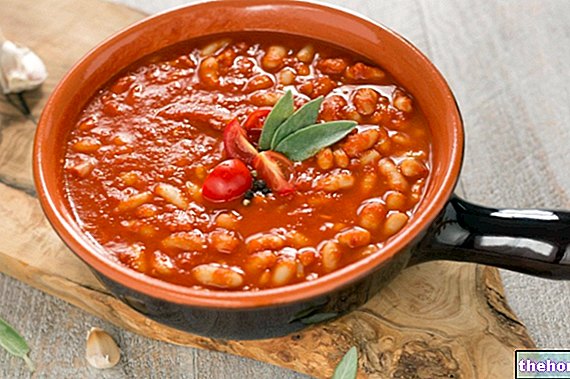
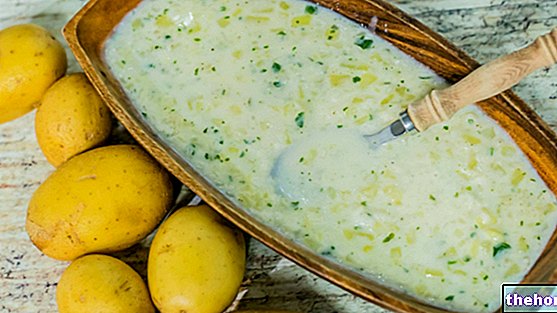
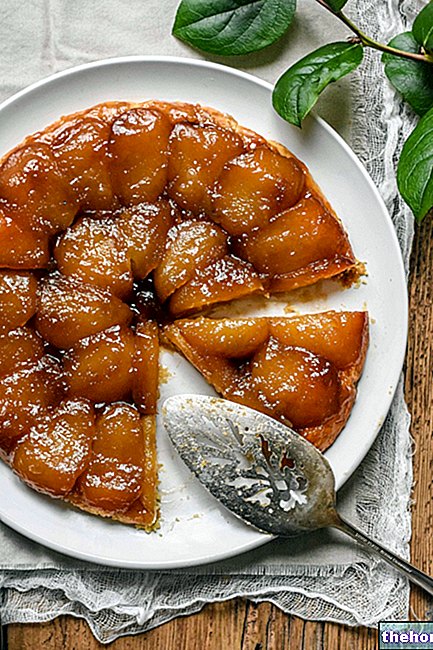
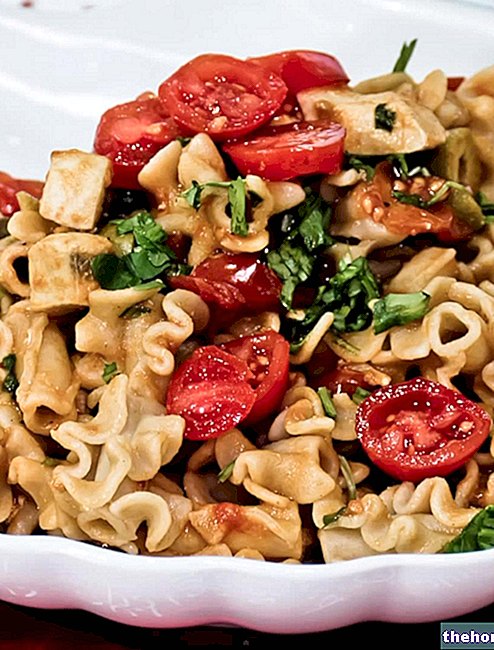
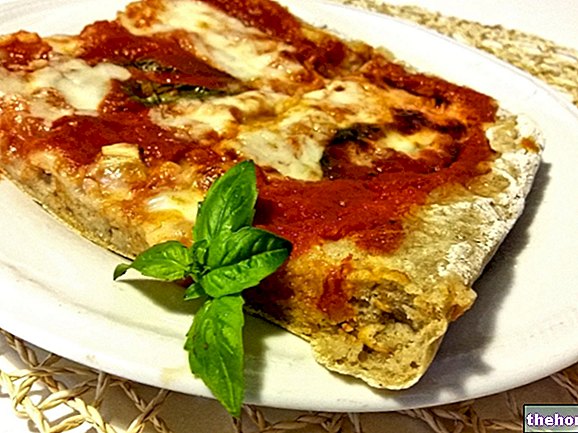
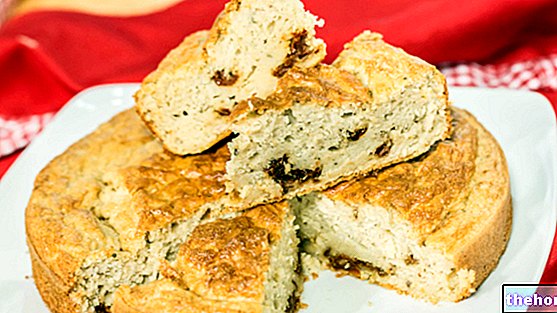
















-nelle-carni-di-maiale.jpg)




